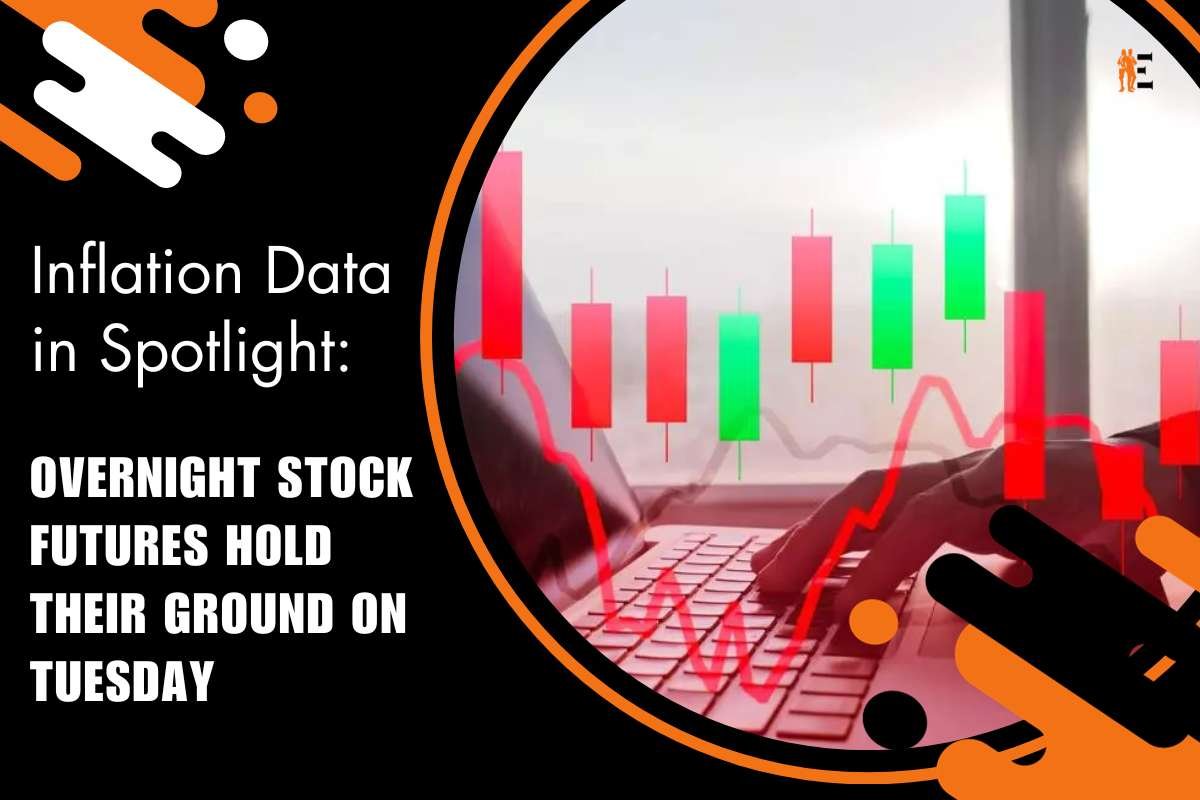Investor worries about the impact of weight loss drugs on food companies are overdone.
Please use the sharing tools accessible through the share button located at the top or side of the articles. Replicating and distributing articles to others is a violation of FT.com’s Terms and Conditions and Copyright Policy. To purchase additional rights, please contact licensing@ft.com. Subscribers may utilize the gift article service to share up to 10 or 20 articles per month. Additional details can be found at https://www.ft.com/tour.
Success stories of weight loss reverberated on Wall Street
In its simplest terms, capitalism can be described as encouraging consumers to purchase excessive quantities of items they may not truly need in the first place. Over decades, packaged food companies have successfully built strong and trustworthy brands. They achieved this by selling products such as crisps, chocolates, and sweetened beverages, which have played a significant role in the widespread increase in obesity, especially in the United States.
However, their dominance may be waning. Drugs belonging to the GLP-1 group have shown remarkable effectiveness in suppressing appetite. Success stories of weight loss have reverberated on Wall Street and among top executives. Recently, Walmart executives noted a slight reduction in consumer spending, which they attributed to the use of GLP-1 drugs like Ozempic and Wegovy by some Americans.
On Tuesday, Pepsi, a major player in the snacks and drinks industry, reported strong earnings and increased its annual guidance. At the same time, it downplayed concerns about consumers losing their appetite. Nevertheless, stock prices are largely driven by what’s known as “terminal value” – the current value of cash flows projected for future years.
Pepsi and Coke investors concerned about weight loss drugs’ impact
Optimistic about its ability to sustain growth
Consumer food companies have typically enjoyed high price-to-earnings multiples, often exceeding 20 times, due to their perceived stability and defensiveness. However, they now face a novel and potentially serious threat.
Pepsi’s shares have already declined by 15 percent this year. Like other food companies, it initially benefited from the increase in at-home eating during the coronavirus pandemic and then managed to pass on inflation-driven price increases to consumers. In the first three quarters of 2023, Pepsi achieved an impressive overall organic growth rate of 12 percent, even though volume growth was slightly negative.
The company remains optimistic about its ability to sustain growth, capitalizing on the megatrends of urbanization and global expansion. It aims to meet changing consumer preferences with healthier product offerings and smaller portion sizes.
However, concerns among investors regarding the impact of weight loss drugs on snack companies may be overstated. Remarkably, industries facing more substantial existential threats, such as cigarette manufacturers and oil and gas drillers, have managed to endure. Tails are often longer than expected. Food manufacturers can take solace in the fact that pharmaceutical companies have their own formidable adversary: the patent cliff.











